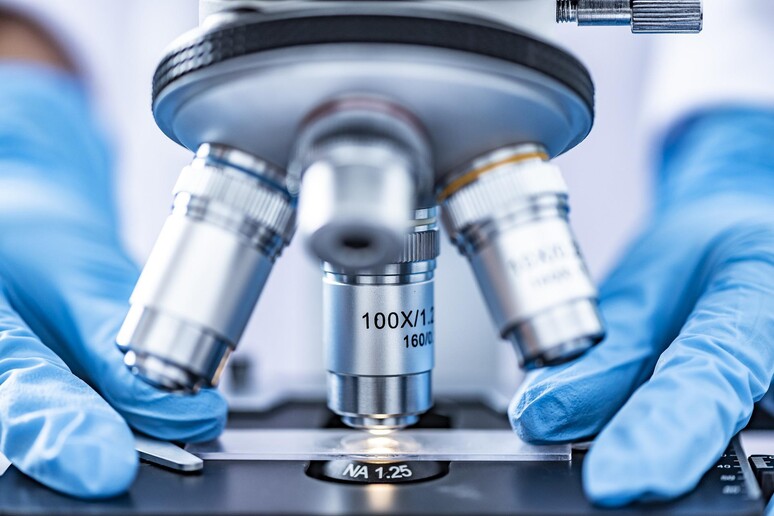A team of researchers from U.S. Northwestern University and Uniformed Services University have conducted a study on a particular bacterium called Deinococcus radiodurans capable of resisting radiation so powerful that it would kill any organism on Earth.
As shown in the study published in the journal of the U.S. National Academy of Sciences (PNAS) this is due in particular, to an antioxidant molecule that characterizes the biological structure of this bacterium. This in turn consists of 3 key ingredients, the study authors explain. Specifically, it is a manganese atom, a phosphate molecule and a small protein, which combine together to form a compound called MDP. According to experts, this finding may be useful in developing new specific molecules to protect astronauts from intense cosmic radiation during space missions, and in the medical field for people involved in radiation exposure accidents.
“This new understanding of MDP could lead to the development of even more potent manganese-based antioxidants for applications in health care, industry, defense, and space exploration,” comments Michael Daly who led the research along with Brian Hoffman.
In more detail, the study showed that this bacterium, when dried and frozen, is able to survive radiation up to 140 thousand grays, which is a dose twenty-eight thousand times higher than that which would kill a human being. But the study also led the researchers to consider that the incredible resistance of Deinococcus radiodurans supports the hypothesis that other types of similar bacteria, if frozen and buried in other planets such as in the soil of Mars, might have survived the onslaught of cosmic radiation to date.












